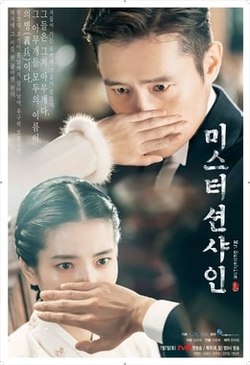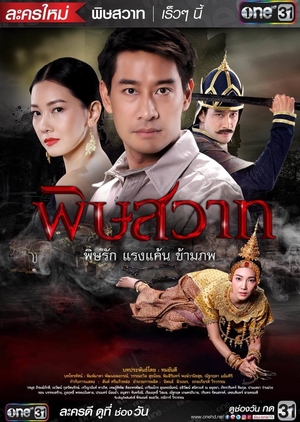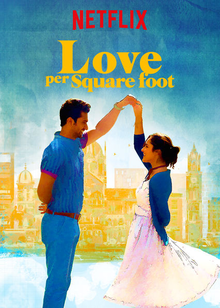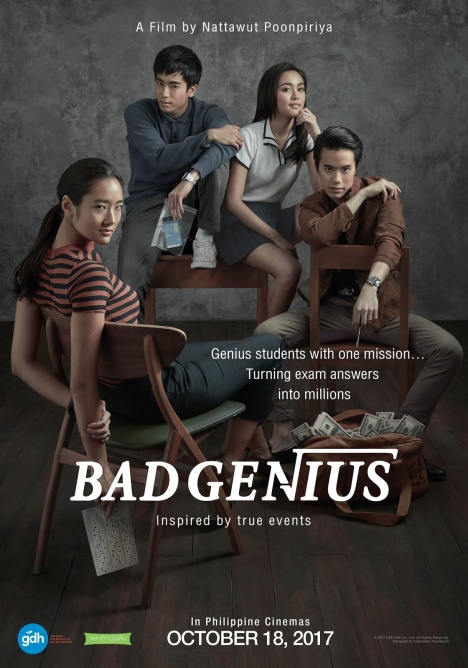My Netflix list has a good number of historical drama and films from the world over. Although I’m not exactly a history buff, there’s something about history, real life events, and true stories that seem compelling when put on screen. Whether it’s the need to know, the need to learn, or the curiosity on someone else’s version of events, I’m there.

A few weeks ago, I watched a 20-year old British historical film on the early reign of Queen Elizabeth I, simply titled “Elizabeth”. It’s not exactly an Asian film, but I have been curious about the life of Queen Elizabeth I because her reign is referred to as the Golden Age of England in the fields of politics, exploration, and art. Because a good number of my English literature classes in high school featured Western writers from her era, her name made an impression on me. When I was younger, I imagined what it would be like to be an artist, a poet specifically, during her reign. I imagined that my life would have been more exciting given that society during that time valued beautiful, artistic things.
What further struck me about her was not her portrayal as anti-Catholic, but rather her faith in human reason, intellect, and conscience. She also believed in human agency, that humans have the power and capacity to think and act. She embodied empowerment.
I am currently juggling a number of Asian dramas, namely “Mr. Sunshine” and “Jugglers” from Korea, “Blood and Treasures” from Thailand, and “Atelier” from Japan. I’ve also added Japanese reality series “Terrace House: Opening New Doors” to the mix because it has new episodes and I really want to know how the story of Shion and Tsubasa pans out.
But I’m going to talk about “Mr. Sunshine” and “Blood and Treasures” in this blog more because these dramas depict aspects of Korea and Thailand’s histories.

“Mr. Sunshine” is set during the latter part of the Joseon Dynasty. It was the time when Japanese and American people were both taking an interest in the peninsula. There were pro-Japanese Koreans who adopted the Japanese way of life, including language and fashion. There were also Koreans from a lower social class who were attracted to the prospect of freedom and liberty, and who consequently were enamored with the English language. I learned from this drama, though, that English schools at the time were considered schools for peasants. And to my mind, it was understandable why some peasants would want to learn the English language, and to attain whatever ideals and ideas that learning the English language carried with it. One scene which illustrates this is one peasant girl’s supreme effort to learn English and to, according to her, maybe even find love.
It was also striking how this drama idealizes the classless society as represented by Americans. The lead character, Eugene Choi, always highlights this in the drama, and understandably so: He and his family were slaves before he had a chance to escape to America. In America, he was bullied during his younger years, sure. But as time went on, he was able to adapt to the culture, he acquired English language skills, and worked his way up to become a high-ranking officer in the American army. This upward movement would not have been possible in Joseon, where society is rigid.
I’m only in the 8th episode as of this writing and I’m loving this drama right now. It brought to life my Korean history lessons in grad school, back when I was still a MA Korean Studies student. I couldn’t quite picture the events in my mind just by reading dry and boring textbooks, but this one made me get it. This one made me love that part of Korean history.
I know, though, that this drama is BASED on history, but not all characters actually lived and not all events actually happened. But still, as I have an idea what’s fact and what’s fiction, I can appreciate the life it brings to history.

Another history-inspired drama that I am loving right now is Thai drama “Blood and Treasures.” This one was recommended to me by a Thai friend. This drama, which shifts from the 1700s Ayutthaya to the present time in Bangkok (or Krung Thep), paints a luxurious picture of the Kingdom of Ayutthaya, of which I only saw the ruins during a trip with my ASEAN friends back when I was a student in Thailand.
I knew from my Thai friends, who are so unbelievably enthusiastic to share Thai history with me, that Ayutthaya used to be a prosperous kingdom but was attacked by Burmese. Watching this drama helps me understand the conflicts between Thailand and neighboring places in that time period.
The drama centers around former court dancer named Ubol who gets cursed to guard Ayutthaya’s treasures upon its defeat in war. She feels betrayed because her husband, a general, tricked her into the duty and killed her. After many centuries, she prays to a higher being to lift the heavy burden of guarding the treasures. However, the higher being agrees, but only after fulfilling this: That she get her husband to voluntarily exchange fates with her.
Well, that is the extent of what I know, since I only saw up to episode 2 thus far. But just like “Mr. Sunshine”, I am loving “Blood and Treasures”. I love how both Thailand and Korea showcase their history in mainstream drama series, and also how audiences of both countries enthusiastically watch such shows.
But I do not just love it, I am envious of it. I wish my country will highlight our history in more films and TV series, and I wish people will likewise enthusiastically watch such shows. I feel that if my country produces more well-made and engaging historical films and TV series, we will have a stronger national identity and unity.
P.S. Here’s an upcoming historical film that may fill my hunger for history. It’s called “Goyo”, which is set during the latter years of the Spanish colonization of my country. It features the young general Goyo, one of our national heroes, as he battles it out with foreign enemies. Films like these are few and far in between, which makes me even more excited to watch it.

 When I think of Indian films, the first thing that comes to mind is the elaborate song-and-dance numbers that pop from out of nowhere. Second is the 3-hour investment you need to make to watch a film.
When I think of Indian films, the first thing that comes to mind is the elaborate song-and-dance numbers that pop from out of nowhere. Second is the 3-hour investment you need to make to watch a film.






